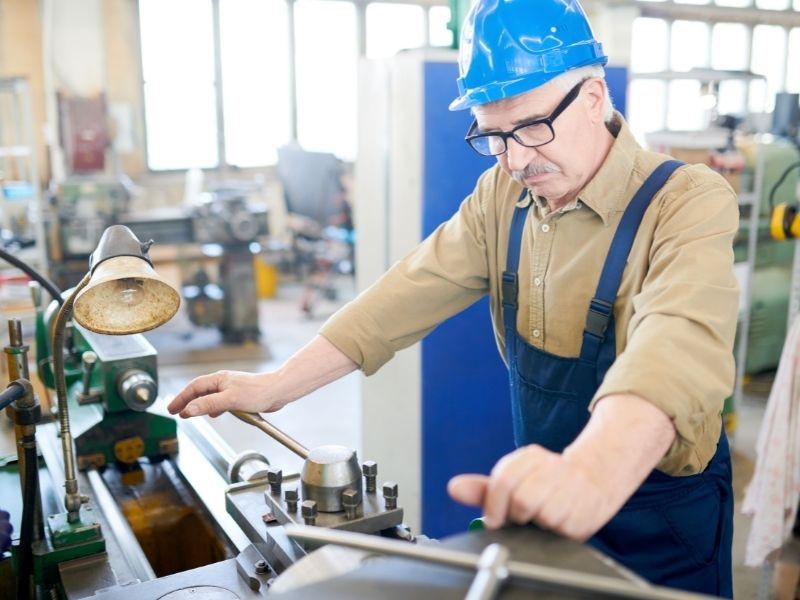Defective machinery accidents can have devastating consequences, from severe injuries to significant financial losses. Atlanta, known for its booming construction sector, sees its share of machinery-related incidents.
Identifying the responsible party in such cases is critical for obtaining compensation. With the guidance of an experienced Atlanta defective machinery lawyer, victims can navigate the complexities of these claims and hold the appropriate parties accountable. Below, we outline the various entities that may be liable in a defective machinery case.
1. Manufacturers
These are often the primary sources of liability in defective machinery cases. They are responsible for ensuring that machinery is free from defects that could harm users or third parties. Manufacturers may be liable if a defect is present due to design flaws, poor-quality materials, or inadequate testing.
Design defects arise when a product is inherently unsafe, even when used as intended. Manufacturing defects, on the other hand, occur from errors made during production. If a machine malfunctions due to any of these issues, the manufacturer may be legally responsible for any harm caused.
2. Parts Suppliers
Machinery often comprises components sourced from different suppliers, and specific parts may fail independently of the overall machinery. In these cases, liability may fall on the parts supplier rather than the manufacturer.
If evidence shows that a particular part contributed to the incident, the parts supplier could share responsibility. Expert analysis is usually necessary to trace the defect to a specific component and determine if the supplier neglected proper quality standards.
3. Retailers or Distributors
Distributors and retailers play an essential role in the machinery supply chain and may be liable if they sell defective products. Although they do not manufacture machinery, retailers are responsible for ensuring they sell safe, reliable products to customers.
If they are aware of a defect or receive reports of issues with the machinery, they should halt distribution until it is verified as safe. Retailers may be partially liable if a defect is known and not addressed, mainly if an injury occurs due to their neglect to take corrective actions.
4. Employers or Supervisors
Employers and supervisors are responsible for keeping employees safe while using machinery in workplace settings. When accidents occur because of inadequate training, lack of maintenance, or failure to enforce safety protocols, the employer may share liability.
Employers must ensure machinery is adequately maintained and that workers are trained in safe operation practices. Failing to provide adequate training or maintenance may contribute to an accident, exposing the employer to liability.
5. Maintenance Providers
Maintenance providers, especially third-party service providers, may be liable if improper or negligent work results in equipment failure. Documentation and service logs often help establish if maintenance was performed adequately.
If these providers fail to perform essential repairs or inspections correctly, they could be responsible for damages or injuries caused by machinery malfunctions.
Final Thoughts
These are just a few of the potentially liable parties in an Atlanta defective machinery case. It is essential to work with an experienced attorney who can accurately assess and determine liability, taking responsibility for their negligence.
Seeking legal representation can help ensure that injured parties receive proper compensation for their losses and hold companies accountable for producing safe products.
